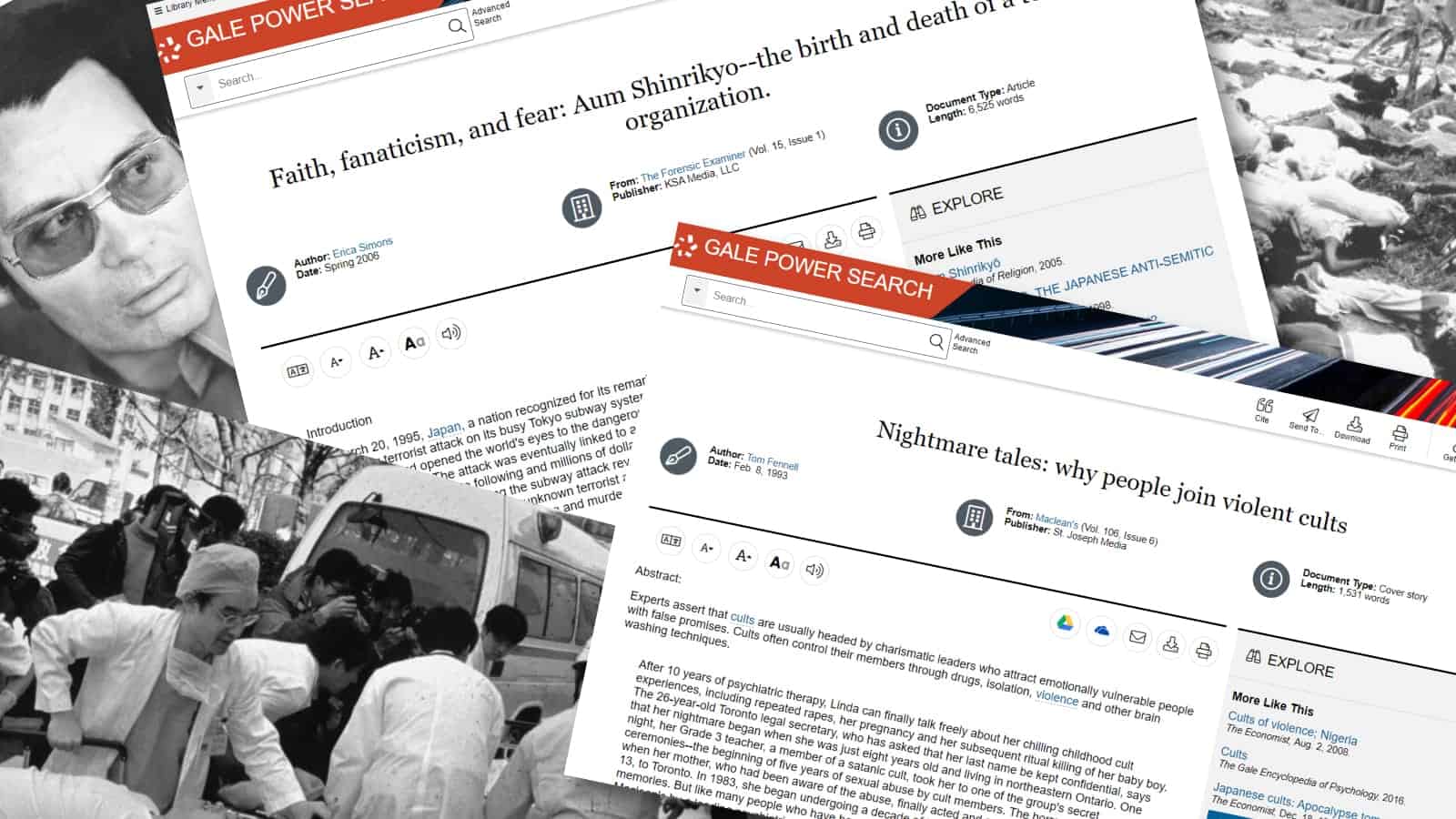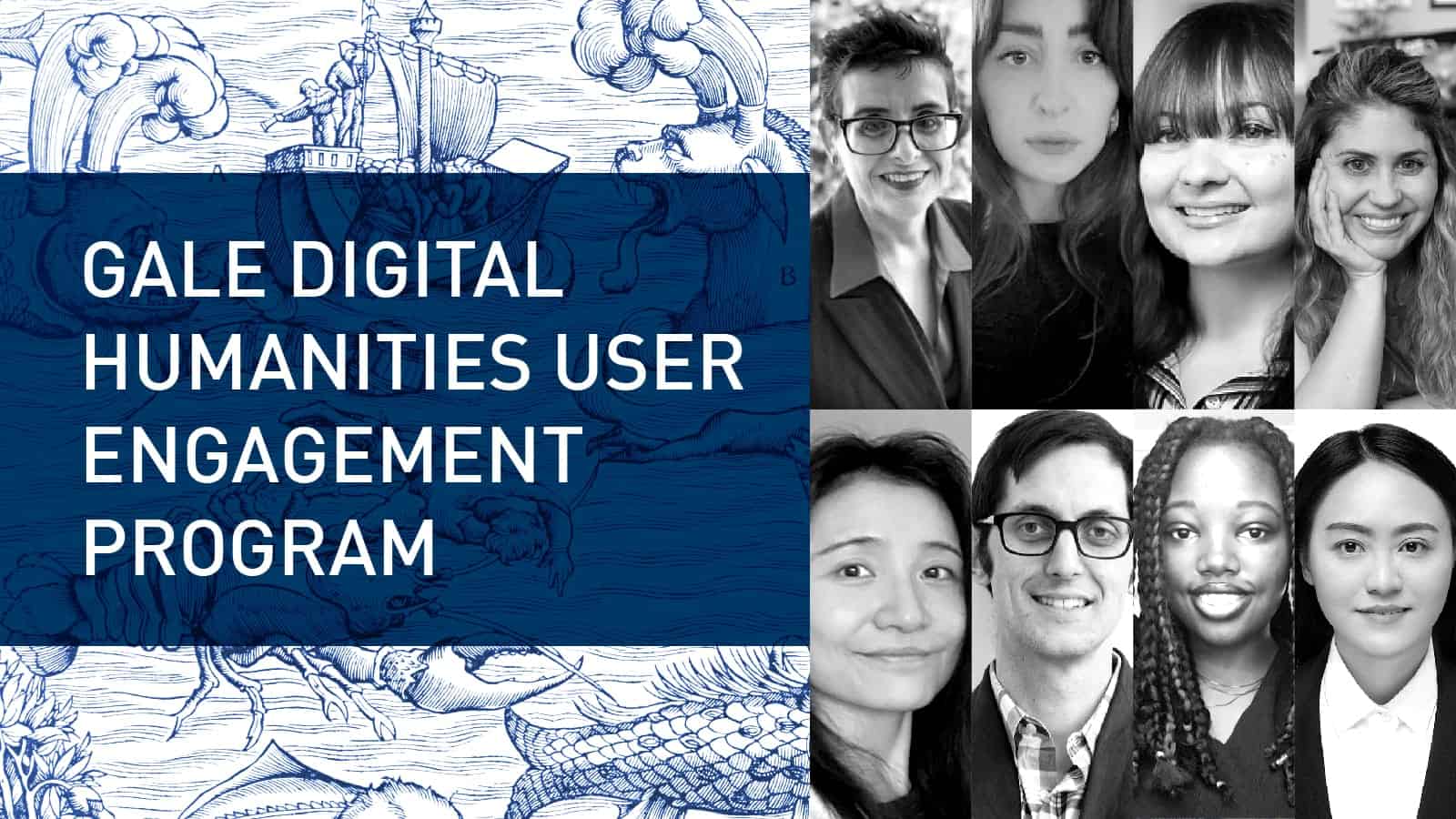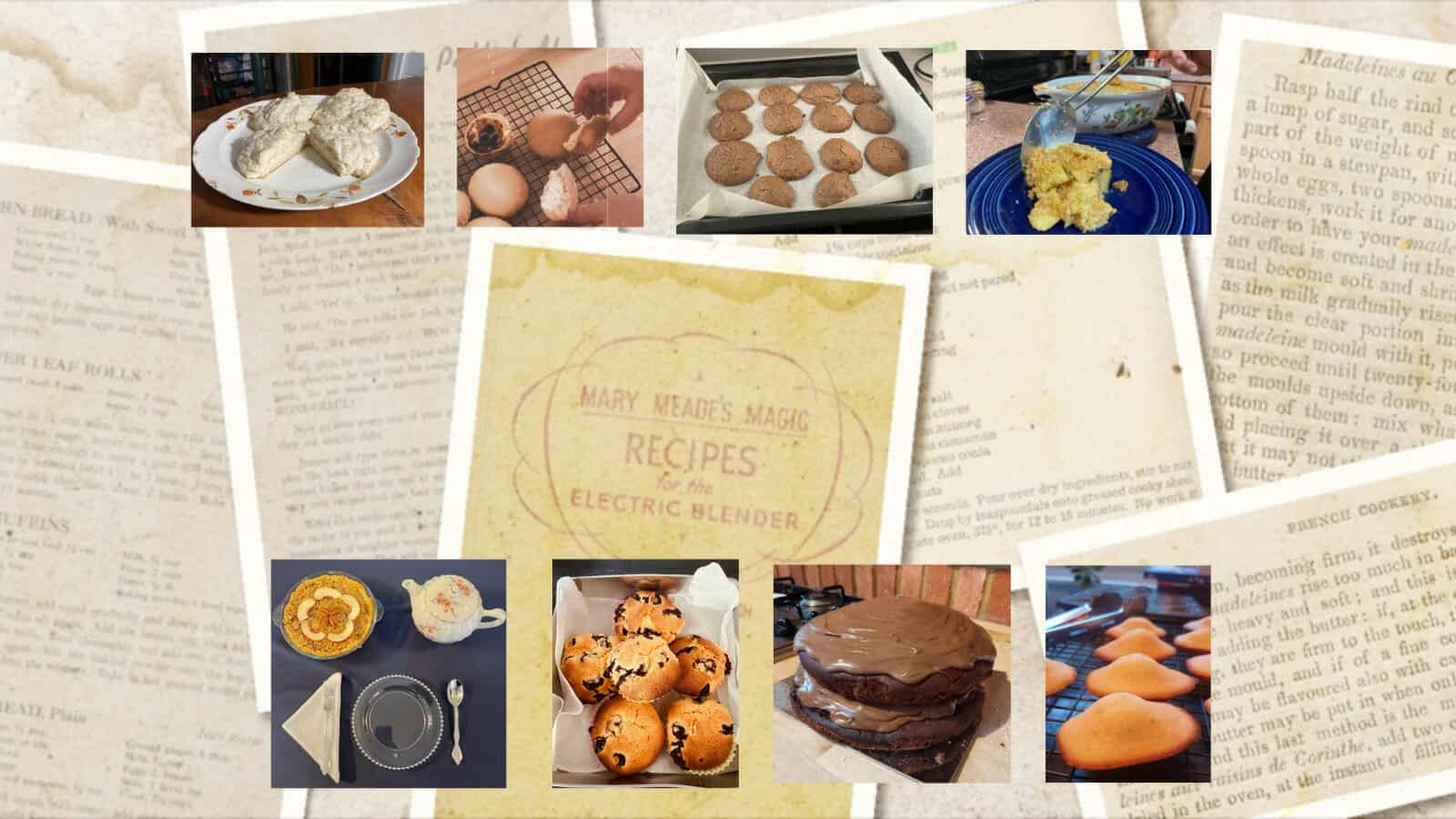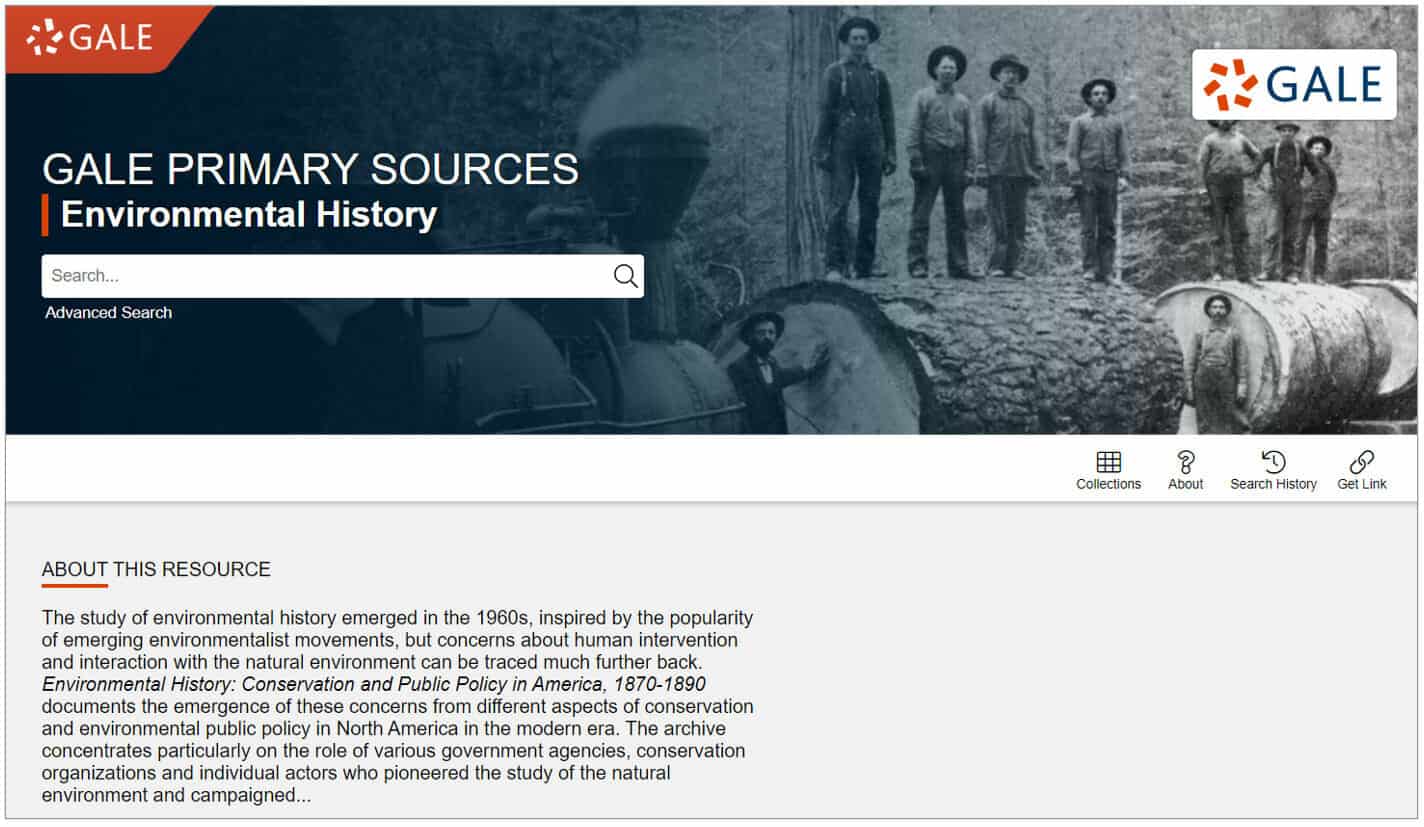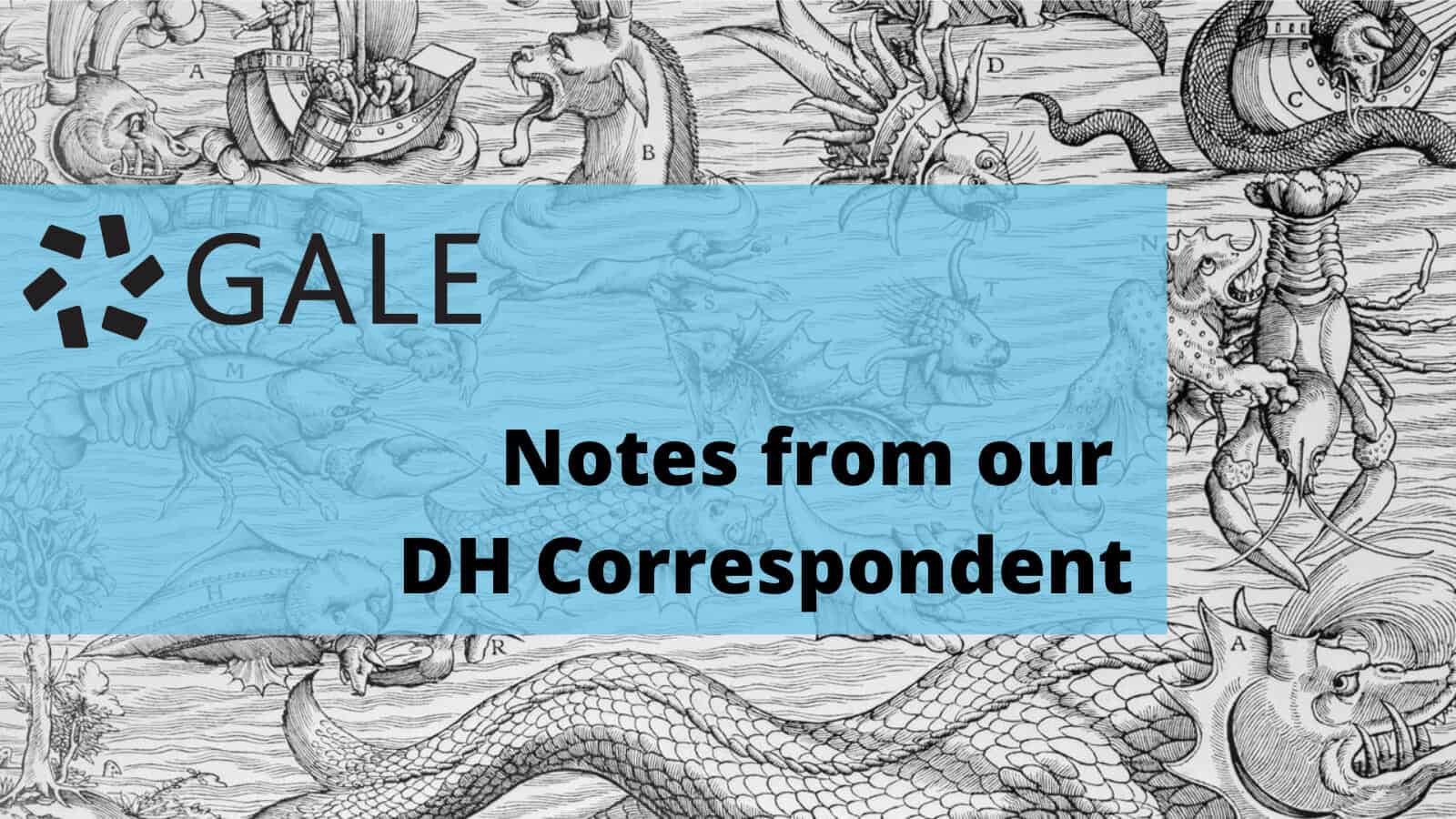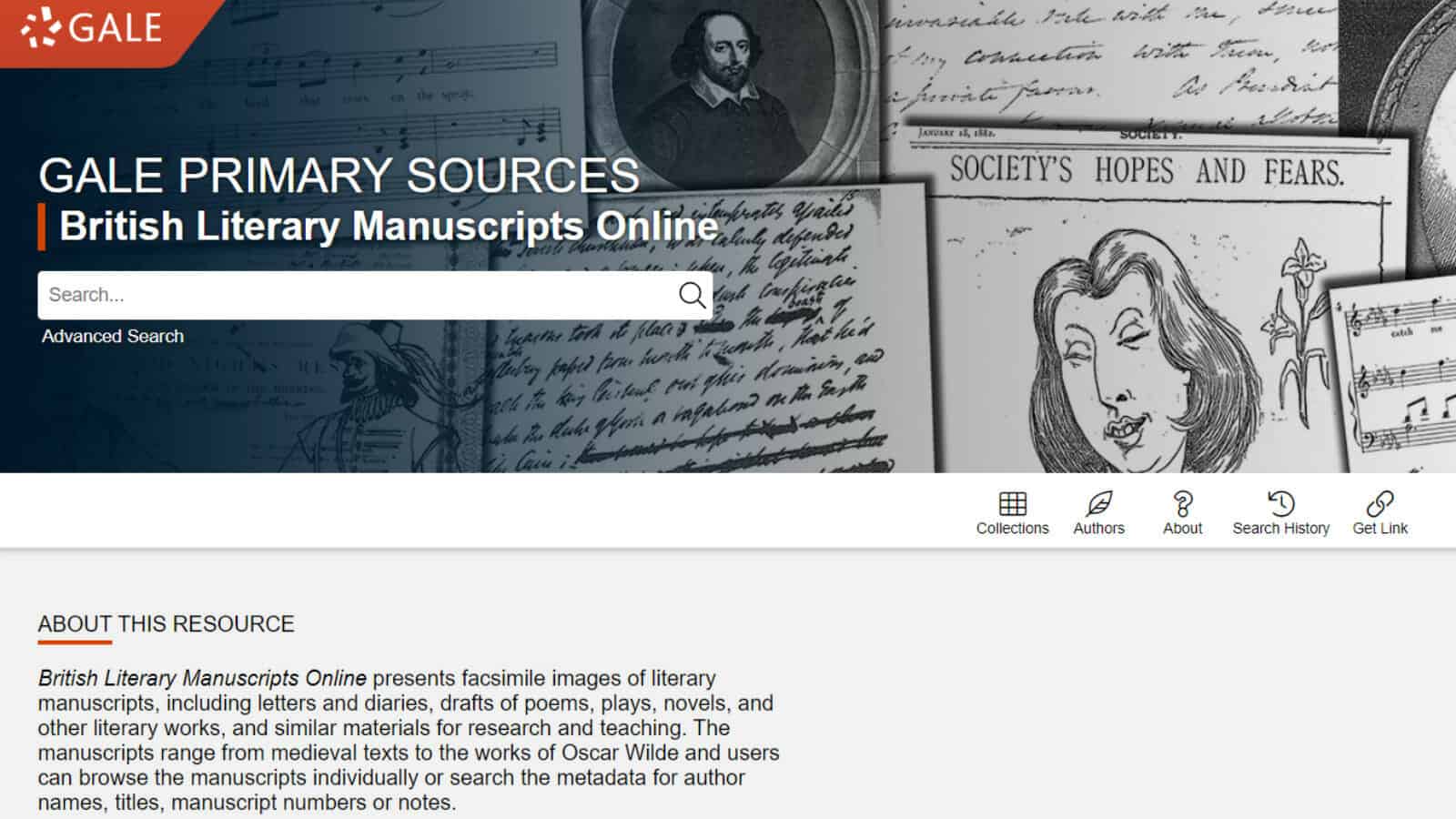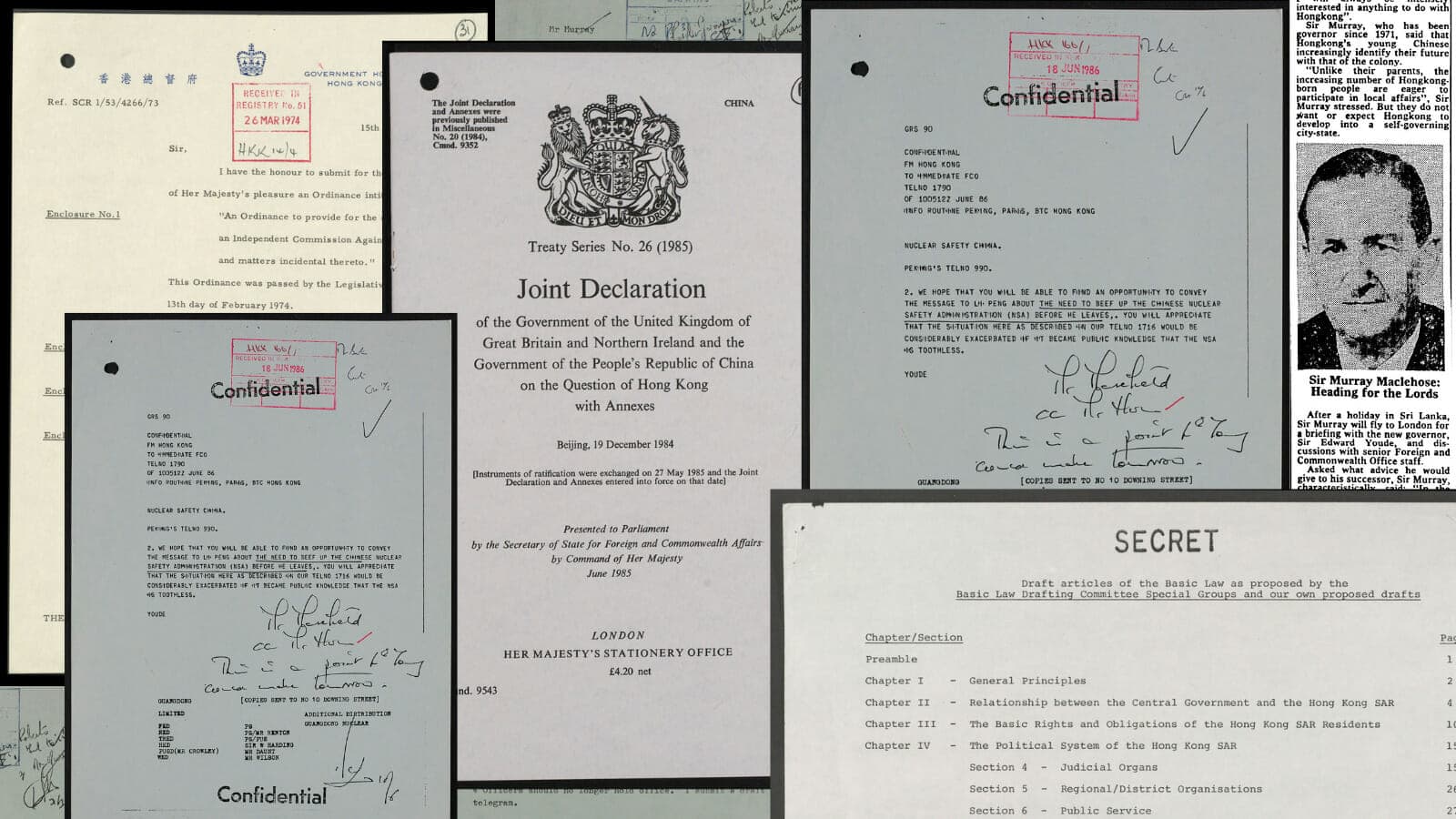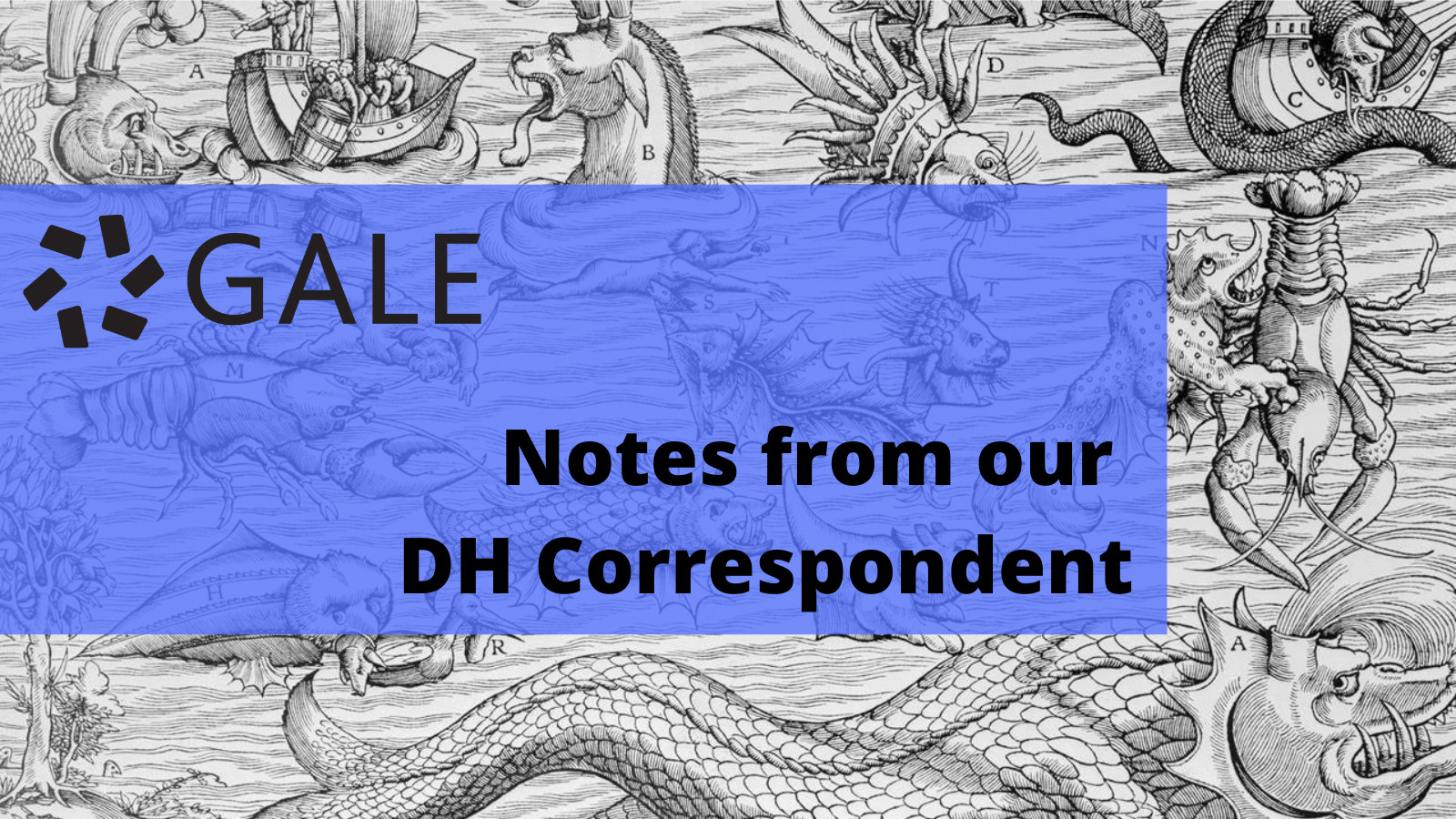|By Rais Asylnaz, Year 11 Student at Nazarbaev Intellectual School in Pavlodar|
Throughout the years, cults have captured the attention of many people. Whenever cults are discussed it’s impossible to avoid talking about the controversies surrounding them. These organisations have sparked interesting debate as to why people engage with and end up involved in cults. In this blog post, I will explore cults’ characteristics, the psychology of those involved, and the reasons behind their appeal.

